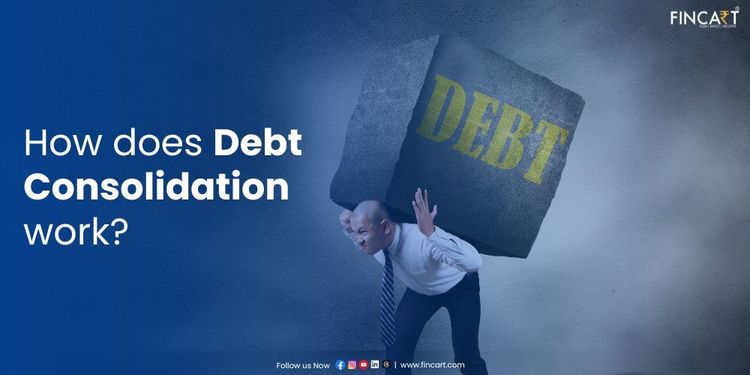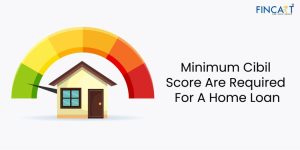Table of Contents
ToggleDebt consolidation works similarly in India as it does in other countries. It’s a financial strategy that involves combining multiple debts into a single loan or repayment plan. The primary goal of debt consolidation is to simplify the repayment process, potentially reduce the overall interest rate, and make it more manageable for individuals to pay off their debts over time.
Assessment of Debts: The first step is to assess all your existing debts, including credit card balances, personal loans, outstanding bills, and any other forms of debt. You need to have a clear understanding of the total amount you owe and the interest rates associated with each debt.
Choosing a Consolidation Method: In India, there are a few common methods for debt consolidation
Personal Loan
You can apply for a personal loan with a lower interest rate than your existing debts. Once approved, you use the personal loan to pay off all your existing debts. From then on, you have a single monthly payment for the personal loan.
Balance Transfer
If you have credit card debt, you can transfer the balances to a new credit card with a lower interest rate for a specified period (usually an introductory period). This can provide temporary relief and allow you to pay off the debt more efficiently.
Debt Consolidation Loan
Some financial institutions in India offer specialized debt consolidation loans. These loans are specifically designed to help you pay off multiple debts. The interest rates and terms will depend on the lender and your creditworthiness. Application and Approval: If you opt for a personal loan or debt consolidation loan, you need to apply with a financial institution or bank. Your creditworthiness will be assessed, including your credit score, income, and existing debts. If approved, you’ll receive the loan amount.
Repayment and Management
With the loan amount or balance transfer, you’ll pay off all your existing debts. From that point on, you’ll have a single monthly payment to make, which can simplify your finances. This single payment may have a lower interest rate than what you were paying on individual debts, potentially saving you money over time.
Financial Discipline
Debt consolidation is not a solution in itself; it’s a tool to help manage debt more effectively. To benefit from debt consolidation, it’s crucial to practice financial discipline. Avoid accumulating new debt, stick to the repayment schedule, and consider creating a budget to manage your finances better.
Professional Advice
If you’re unsure about the best approach for your debt consolidation, consider seeking advice from financial advisors or credit counseling agencies. They can provide personalized guidance based on your circumstances.




